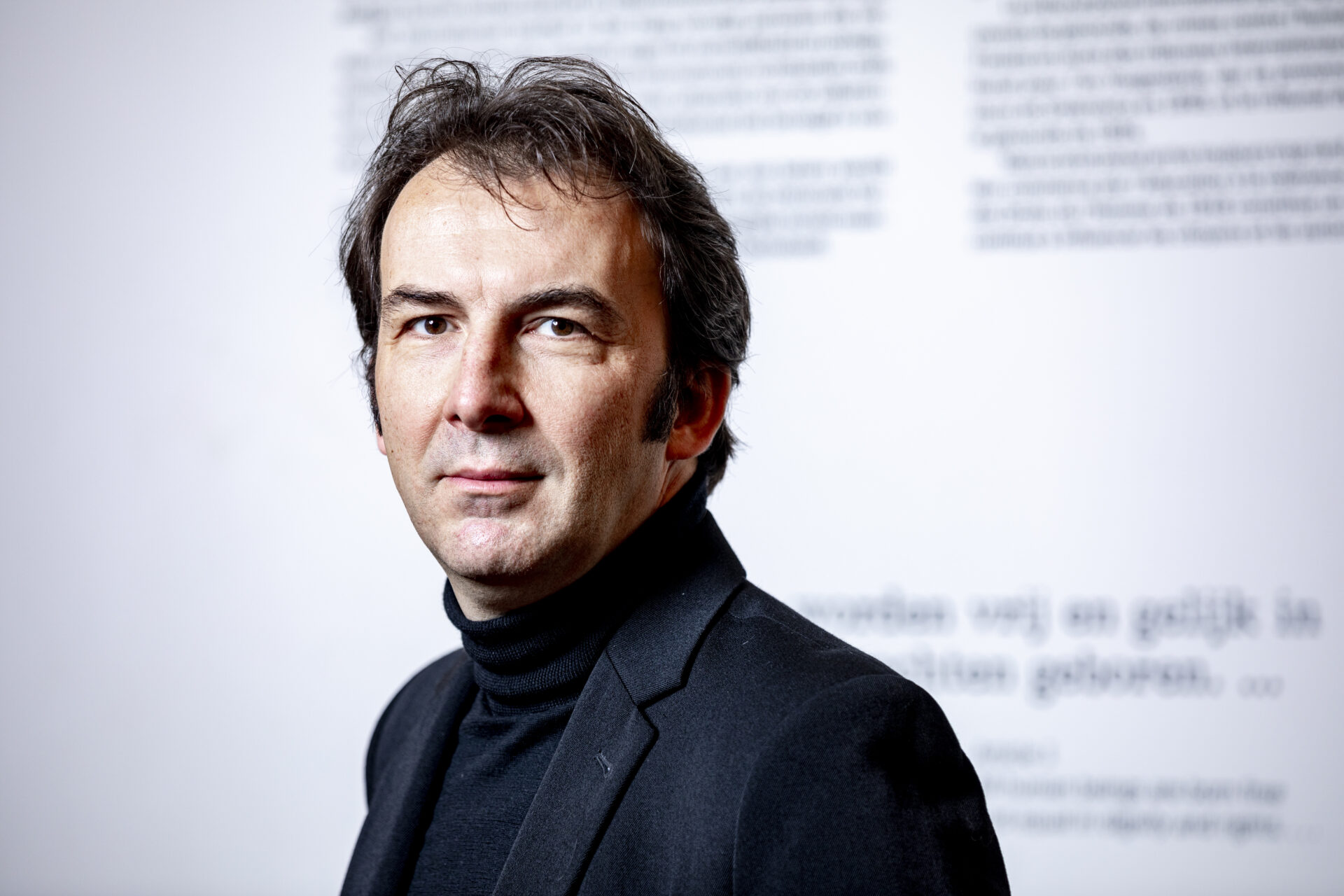10 December 2024
War creates a state of chaos in which the law of the jungle supersedes the rule of law. In this fog of war, borders disappear, and terror becomes a licence to ignore rules. Rules exist to protect innocent lives; these are human rights. But we see daily how arbitrariness and insidious systems circumvent these rules and trample on human rights. Blind revenge or retribution do not lead to justice, let alone redress.
How do you justify that which is unjustifiable? Mass murder violates everything that human rights stand for. Yet we continue to see attempts to rationalize it: propaganda, hate speech, dehumanization, or blind loyalty to an ideology that disregards the universality of human values. A pattern that has repeated itself throughout history. The phrase ‘Never again’ has resounded powerfully since the horrors of World War II. The call was at the heart of international agreements such as the Universal Declaration of Human Rights and the Convention on the Prevention and Punishment of the Crime of Genocide. These were mutual promises created in the late 1940s. But the pledge requires continued vigilance, in deeds and in words.
Enforcing respect for human rights is necessary. But more is needed. These rights need to be understood, shared and defended in everyday life. Human rights are more than a legal concept. They are an ethical compass that reminds us what it means to be human and put dignity first. These rights encompass fundamental principles: life, dignity and freedom. Human dignity remains fragile. Too often, it is sacrificed to political interests, power, fear, or indifference. At the heart of many human rights violations lies an empathic deficit: the inability — or even the unwillingness — to see the other as a full human being. The other is often seen as an inherited enemy or an existential threat, but rarely as a mirror of ourselves. And that is precisely where the core of an empathic deficit lies.
Preserving history is essential, not just to dwell on what was, but to draw lessons for the future. Not simplistic lessons of black and white, but profound insights about humanity and justice, about mechanisms and the cost of power politics. A credible path to ‘Never Again’ begins with a willingness to continue to see the humanity in the other, even when it is difficult. It requires us to view the face of the other as a mirror reflecting our own humanity. Only then can we fulfil the promise of human rights and build a world where justice and humanity are the norm.
Tomas Baum, Director Kazerne Dossin

